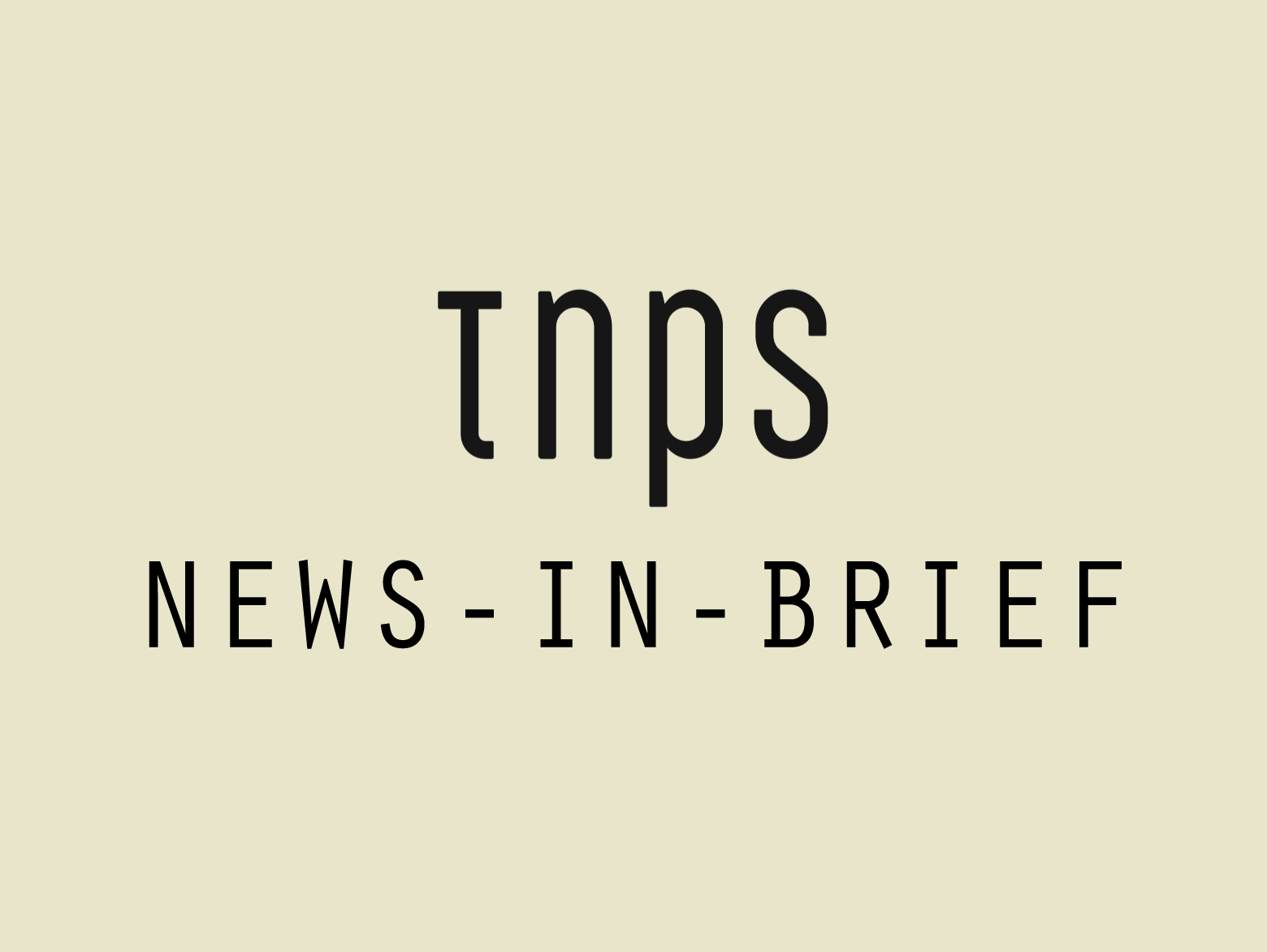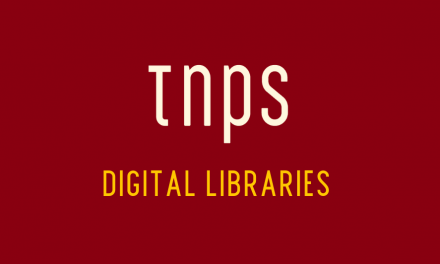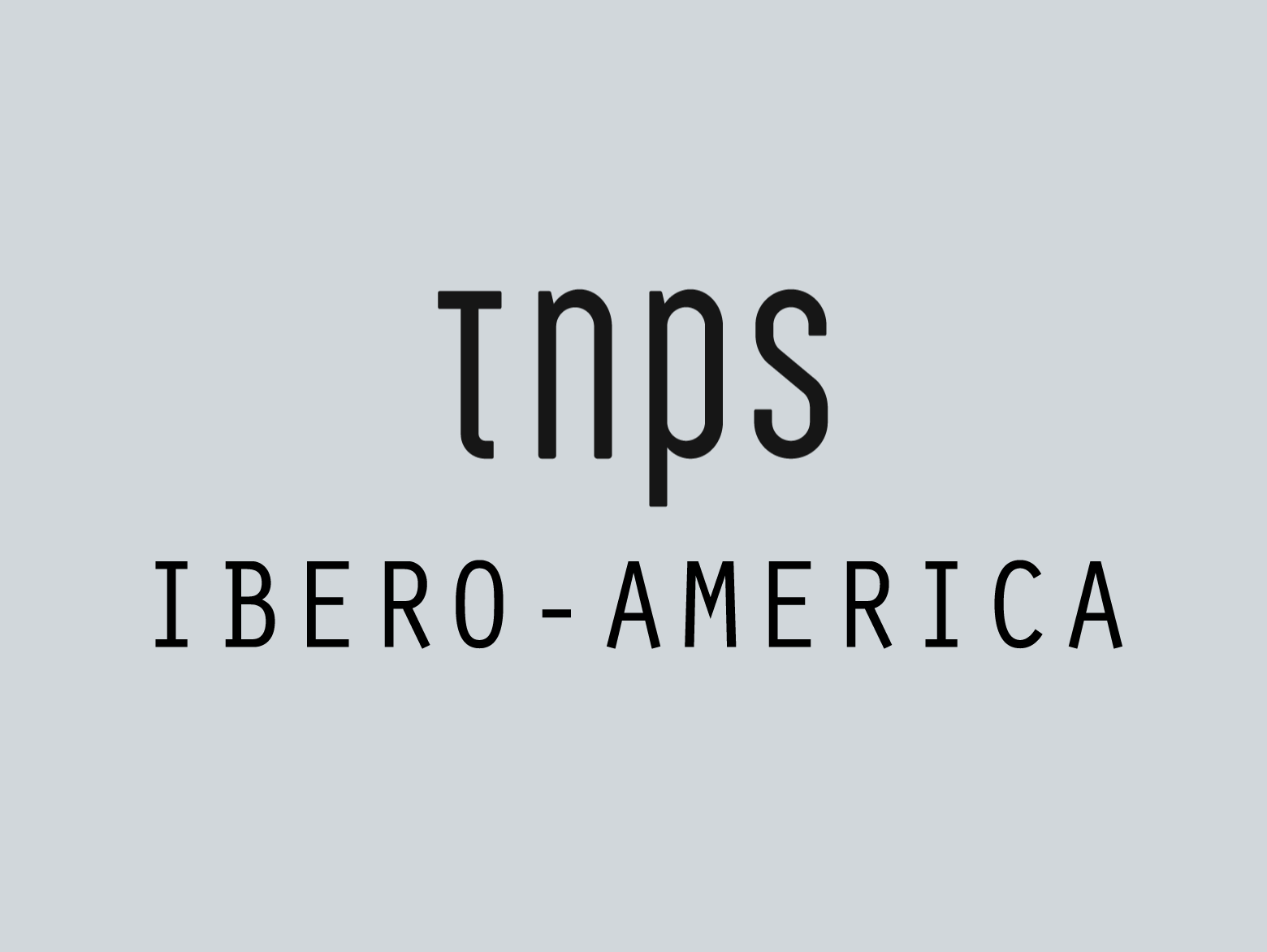Sweden-based Storytel launched in Brazil at end 2019 with an impressive catalogue of audiobooks, but not much in the way of ebooks to supplement its unlimited offering.
That’s about to change as Storytel Brazil, partners with Bookwire Brazil, the Latin American arm of Germany’s Bookwire, to supply ebooks to the Storytel Brazil catalogue.
PublishNewsBR has the story, as well as a list of example ebooks that will be on offer, but as yet no details on volume. But we are told the existing price for the service will not change. The Storytel Brazil monthly fee is R$ 27.90 ($6.45).
The monthly fee is worth dwelling on here. At $6.45 the Brazil monthly charge is just a third of what is being asked for in Sweden, while in India the monthly fee is just $4.20.
And therein lies a key reason for Storytel’s rapid engagement across its twenty markets.
While other services have a one-price-anywhere policy, which deters take-up in lower-income countries, Jonas Tellander actively pursues localised pricing for localised markets.
As this decade unfolds the subscription model will increasingly enfranchise consumers globally to enjoy content that, with the à la carte model, is simply unavailable or unaffordable.
Just this week we saw France-based YouScribe launching its own subscription service in its fifth African market, Burkina Faso, demonstrating the power of the subscription model to reach audiences that traditional publishing retail, with all its twentieth century costs and hurdles, considers off-limits.
Back when ebooks took off in the late 2000s, and when ebooks began to seriously challenge print in the early 2010s, there was much idle chatter and some very real fears about the demise of print and the very existence of publishing as we knew it.
Fast forward a decade and ebooks and print peacefully co-exist, and the same will happen with à la carte and subscription retail, at least for the first half of this decade.
But what we should be in no doubt about is that digital books can deliver publishers new audiences in new markets, and that subscription is the ideal model to engage consumers in these markets.
Subscription can substantially add to a publishers’ bottom line and their future success. But it needs a leap in thinking away from a revenue-focussed approach to an audience-focussed approach.
By way of simple example, a book published at $10 that sells 1,000 copies brings in $10,000 in revenue. Except it doesn’t, because once we’ve taken away the retailer fees, the warehousing and distribution costs, the print production costs, etc, not to mention the allowance for remaindered stock, there’s very little going to the publisher, and out of what’s left there’s author royalties to pay.
Subscription offers publishers less gross revenue, but, taking the sample values as above, here’s the thing:
If publishers get $2.50 per subscription download after the subscription service has taken its cut, but has no print-associated production and distribution costs and remaindered costs, it doesn’t need the same gross revenue to break even. And subscription can reach new audiences in new places, and in volumes that à la carte retail cannot hope to match.
What we’ve clearly seen in the first half of the last decade is that consumers want a choice of digital and print, but are not prepared to be overcharged by publishers pushing up ebook prices to defend their print investment, which of course is why there is perceived decline in ebook sales in the mainstream publishing arena.
Yet simultaneously, completing undermining the screen-fatigue nonsense put about by some parties to fog the reality of publisher-raised ebook prices, we see digital consumption soar beyond our wildest expectations when price friction is removed.
The global digital library supplier OverDrive, as it does every year, set new records for digital downloads.
OverDrive’s 328 million digital downloads in 2019 amounts to almost 900,000 downloads of ebooks and digital audio every day. And by the way, of those, 578,000 every day were ebooks, not audiobooks, which came in at only 312,000 per day. Something to bear in mind when listening to the assertions that audiobooks are the only digital format consumers want.
The US-based subscription service Scribd, for example, started 2019 with 1 million subscribers –
and ended 2018 with $100 million revenue.
Subscription success stories dominate the industry headlines, where reported at all.
While Storytel has rarely been out of the headlines. For an overview of Storytel 2019 see our Story of the Year report here.
And check out this post to see what Storytel has planned next.
You can’t put the subscription genie back in the bottle.





